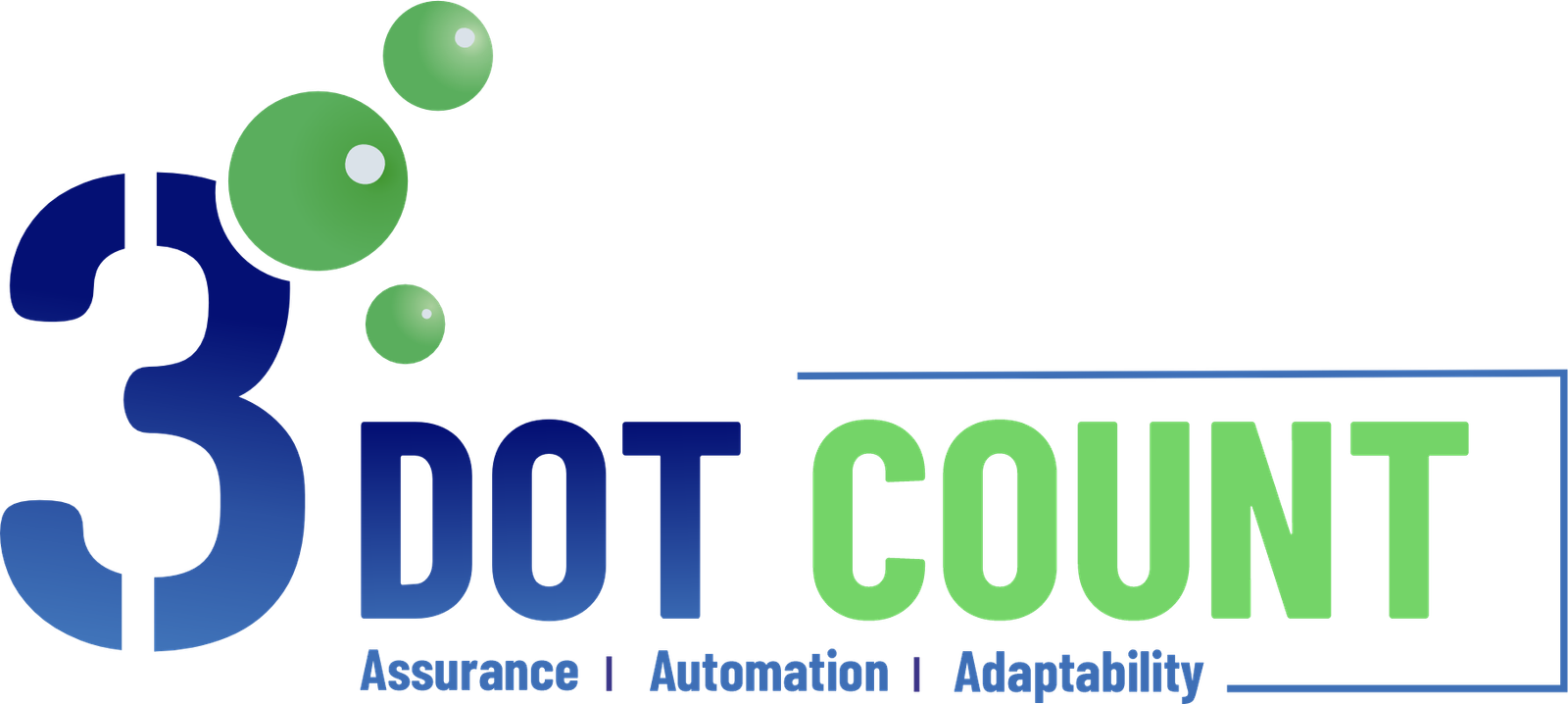- Digital Proficiency:
Embracing digitalization enables accountant to go beyond traditional roles, offering services that leverage technology to provide greater value and strategic insights to their clients. The combination of digital tools and advisory services positions accountant as essential partners in their clients’ business success.
Benefits:
√ Streamline your workflow and boost your efficiency.
√ Improve your client services.
√ Offer value-added services like online bookkeeping, e-invoicing and paperless tax preparation.
Attending seminars, webinars or other training sessions relating to digitalization and technology is one of the approaches for accountant to gain digital proficiency. Additionally, they should feel at ease using social media, mobile devices, and other digital communication channels that are becoming more and more crucial in business.
- Communication Skill:
Accountant need to have excellent communication abilities as they play a pivotal role in conveying complex financial information, building client relationships and collaborating effectively within or out an organization. Effective communicators are more likely to attract new clients, keep existing ones, and establish themselves as reliable advisors.
Benefits:
√ Establish connections with clients, colleagues, and stakeholders.
√ Gain new clients, keep existing ones, and develop into dependable advisors.
Attending workshops or training sessions on effective communication is one of the approaches for accountant to improve their communication skills. They should also work on their listening abilities, develop their presentation skills, and learn how to modify their communication approach for various audiences. Accountant may make financial reports, and data easier to access and understand for clients by speaking plainly and minimizing jargon.
- Adaptability and Continuous Learning :
The business landscape is subject to constant change due to technological advancements, regulatory updates, economic shifts, and global events. Accountant need to adapt and committed to continuous learning to new circumstances, emerging technologies, and changing client needs to remain effective and relevant.
Benefits:
√ Learning new concepts and acquiring skills boosts self-confidence, empowering accountant to take on challenges, and tackle complex tasks.
√ Adaptable accountant is often better at finding creative solutions to challenges.
Attending seminars, workshops or other training session is one of approaches for accountant to being adaptable and committed to continuous learning not only enhances professional success but also contributes to personal growth, resilience, and a fulfilling career journey. These qualities are particularly valuable in today’s dynamic and competitive work environments.
- Data Analysis Capabilities:
Accountant who can analyze data and extract insights from it are in great demand in the age of big data. Accountant can detect trends and patterns in financial data and assist their customers in making educated business decisions by analyzing it. Furthermore, data analysis abilities can assist accountant in detecting and preventing financial crime. Skills in data analysis are also useful for offering value-added services such as financial forecasts, business analytics, and real-time financial reporting.
Benefits:
√ Assist clients in making sound business decisions.
√ Financial forecasting, business analytics, and real-time financial reporting are examples of value-added services.
Mastering data visualization technologies such as Excel, Tableau or Power BI is one approach for accountant to improve their data analysis skills. Accountant can use these tools to quickly comprehend and present financial data to clients, stakeholders, and colleagues. Accountant should also learn how to use data analysis software to automate financial procedures including accounts payable, receivable, and payroll.
- Skills for Business Development:
Accountant need to learn business development skills in addition to technical ones to expand their practises. Networking, lead creation, client acquisition, and connection building are all examples of business development abilities. Accountant can broaden their clientele, boost their income, and position themselves as authorities in their industry by developing these abilities. Accountant who have strong business development abilities are better able to stay one step ahead of the competition and adjust to market developments.
Benefits:
√ Enlarge the clientele and boost sales.
√ Become recognized as industry authorities.
√ Maintain a competitive edge and be flexible to changes in the market.
By engaging in online forums, joining trade associations, and attending networking events, accountant can hone their business development skills. They should also learn how to use social media to market their services, build a strong personal brand, and construct an elevator pitch.
In conclusion
The accounting industry is evolving and in order to succeed, accountant must acquire a wide range of abilities. Accountant can expand their businesses, offer clients value-added services, and prosper in the sector by acquiring digital proficiency, communication skills, adaptability and continuous learning, data analysis capabilities and business development abilities.


